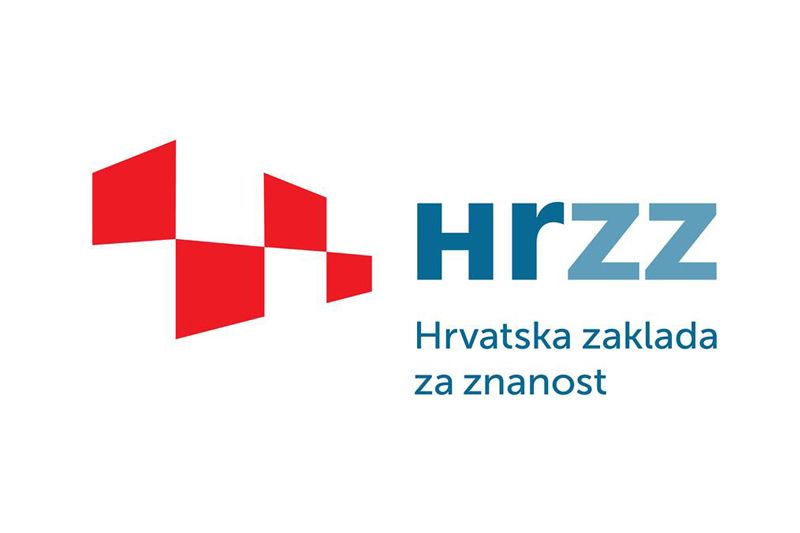Competitive research projects
Research activity, collaboration and orientation in social sciences in Croatia and other post-socialist European countries (RACOSS) – IP-09-2014-9351
About project
Project basics
- Project duration: 48 months; from 15 September 2015 to 14 September 2019
- Acronym: RACOSS
Project description
A basic function of science, especially social science, is its influence on the development of society. The status of social science and its influence on the development of society are less researched themes in comparison with natural and applied sciences.
Nearly a quarter of registered Croatian scientists are social scientists. Their work is, in most part, tied to the work of 7 scientific institutes and all 7 universities. The main research questions in this project are: Which themes and issues are central to these experts? Where do they publish the results of their research? How much do they cooperate on institutional, country and international level and are there measurable effects of cooperation? To what extent are their results available and recognised through citations? What is the significance and role of national journals in social sciences? What are the differences between various fields of social sciences?
To provide a comprehensive comparative description of the state of social sciences in Croatia, the project includes 10 EU post-socialist countries (Estonia, Latvia, Lithuania, Poland, Czech Republic, Slovakia, Hungary, Romania, Bulgaria, and Slovenia) as well as ex-Yugoslav countries (Bosnia and Hercegovina, Macedonia, Montenegro and Serbia). To attain its goals the project will use quantitative (bibliometrics, survey, social network analysis) and qualitative (interviews) methods which have been planned and will be implemented by a multidisciplinary team of experts. The primary source for bibliometric data for productivity, impact, authorship, cooperation, journals, institutions and countries will be the Scopus citation index. The main source for statistical data about the included countries will be Eurostat and various national sources.
The expected outcomes of the project are theoretical and applied, from insight in scientific potential of social science research in included countries, through the development of appropriate methods of collecting and analysing different types of data, to offering the relevant elements and indicators for the evaluation of scientific output and in order to improve relevant decision making processes.
Logo

